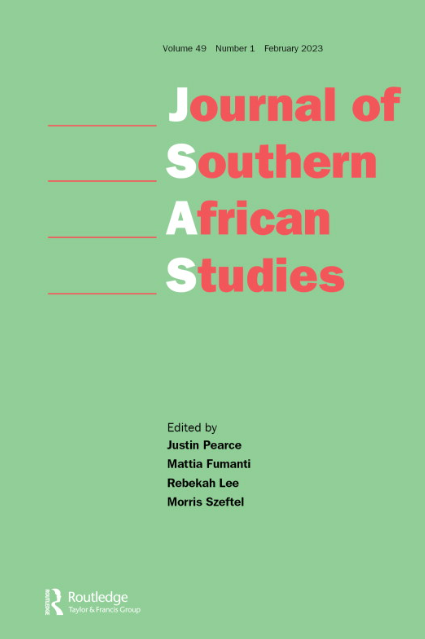Building Angola
A Political Economy of Infrastructure Contractors in Post-War Angola

After the end of the civil war in 2002, Angola experienced a period of political stability and economic growth. However, in 2015, the economy was hit by an oil-price crisis that had a significant impact. During this time, Angola implemented a comprehensive plan to reconstruct its economic infrastructure, resulting in various changes that influenced the construction industry within the country. One notable outcome was the emergence of Angolan contractors as a result of the reconstruction efforts, which were primarily funded by external sources. This article aims to examine the political economy surrounding infrastructure development during Angola's post-war reconstruction boom and the subsequent crisis that occurred after 2015. The focus is on understanding the nature and dynamics of the infrastructure market segmentation that led to the coexistence of Angolan, Chinese, and other foreign contractors. The reinvestment of a portion of oil revenues into infrastructure development played a crucial role in rapidly developing the construction sector and its related economic activities.
The article explores the origins of segmentation among infrastructure contractors and emphasises the significant role of oil-backed finance, particularly from China, during both the boom and the crisis. It demonstrates the political necessity of quickly delivering infrastructure assets to maintain the prevailing political order and distribute organisational power in Angola. As a result, a well-organised segment of state-affiliated Angolan capital emerged in the lucrative construction sector. These experiences highlight the importance of market segmentation and state-business relations in the evolution of Angola's infrastructure sector, along with the implications for the rise and consolidation of domestic capitalist interests.
Abstract based on original source.


Comments